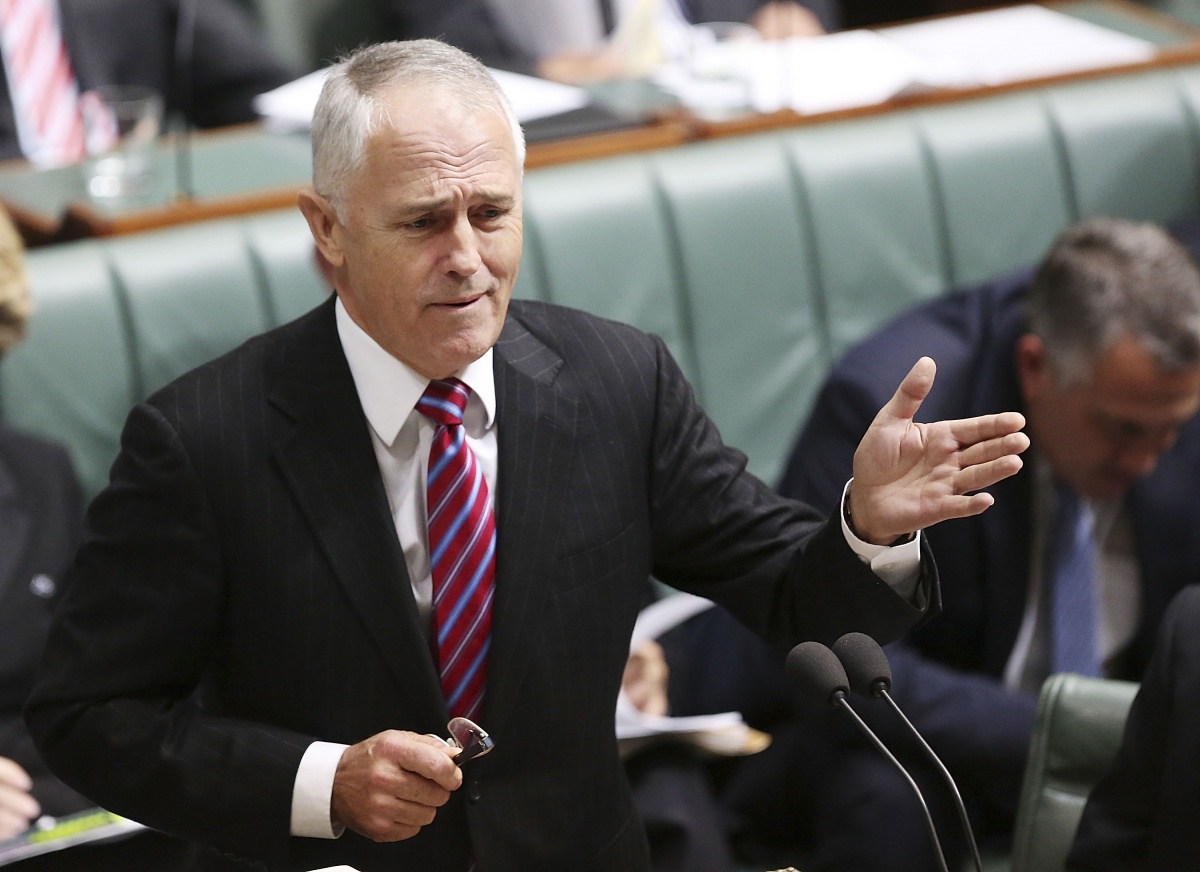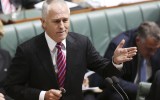

A new government plan to force community television off the airwaves and onto the internet has been hailed as “insulting” and “the death of community TV in Australia”.
Under the plan, channels like Melbourne’s Channel 31 and Sydney’s TVS have until December 31, 2015, to move their broadcasts online.
• Australians ‘paying 400% more’ for pay TV
Documentary-maker and radio broadcaster John Safran, a Channel 31 regular, has said shutting down the traditional broadcasting arm of community television could limit its creative potential.
“I find things like Channel 31 or community radio are petri dishes – that’s where people experiement and things happen. It’s hard to entirely put a figure on it,” Mr Safran told The New Daily.
“Things that chip away at that aren’t helpful.”
Mr Safran also added that his career had been helped significantly by his involvement in community television.
“When I look back at it I was able to experiment and try different things, dabble around and meet people and learn and grow. Anything that forces artistic people to get out of the house and interact with others is helpful … to put a dent in that doesn’t seem like a good idea.”
Prominent television host Rove McManus, who got his start on the channel, has also weighed in on the move, calling on those who oppose it to speak out.
“What I gained from my Channel 31 experience was collaborating with fellow creative people in a group environment that taught me how to be a host … This is the type of invaluable experience that prepares you more for the real working world than something like writing, shooting and editing your own YouTube channel can. And it is this that will be lost if community television disappears,” Mr McManus said in a statement.
“I’m no expert, I’m no campaigner and I’m certainly no politician. But I will just say that if you want to do more, there are plenty of petitions you can sign to have your voice heard.”
Matt Field, operations manager at Channel 31, agreed Mr Turnbull’s plans would mean more harm than good for the community television industry.
“It’s insulting really that he [Communications Minister Malcolm Turnbull] is suggesting that this is an act of benevolence on his part for community television,” Mr Field told The New Daily.
“We have tried to communicate with the minister that we understand that audiences are moving online and we are willing to adapt to that future, but to ask us to do it in the time frames he’s proposing is just too soon. The reality is that it will spell the end of community television in Australia.”
While Mr Turnbull has outlined plans to use the available spectrum space for free-to-air broadcasters or telcos to improve their services, Mr Field says he has not provided any suggestions for how community broadcasters should make the move.
“We don’t even know what he means by the internet in this case. There’s been no advice – is it YouTube? Is it access to an IPTV platform?” Mr Field said.
However, Mr Turnbull has said he is confident the changes will benefit community broadcasters by providing a larger platform for audience interaction.
“The Government believes that the best outcome for community television is that in future it uses the Internet as its distribution platform,” Communications Minister Malcolm Turnbull told attendees at an Australian Communication and Media Authority event in Sydney on Thursday.
“I have no doubt that this transition is in the best interests of community television. It will deliver wider audiences, at less cost on a wider range of devices and the ability to do more than linear broadcasting,”
“Some community television representatives, acknowledging that the internet is their ultimate home, have nonetheless argued that they should not be ‘rushed into the new media world’. The internet is not new. It is the universal uber-platform to which most people in Australia are connected 24/7.”










